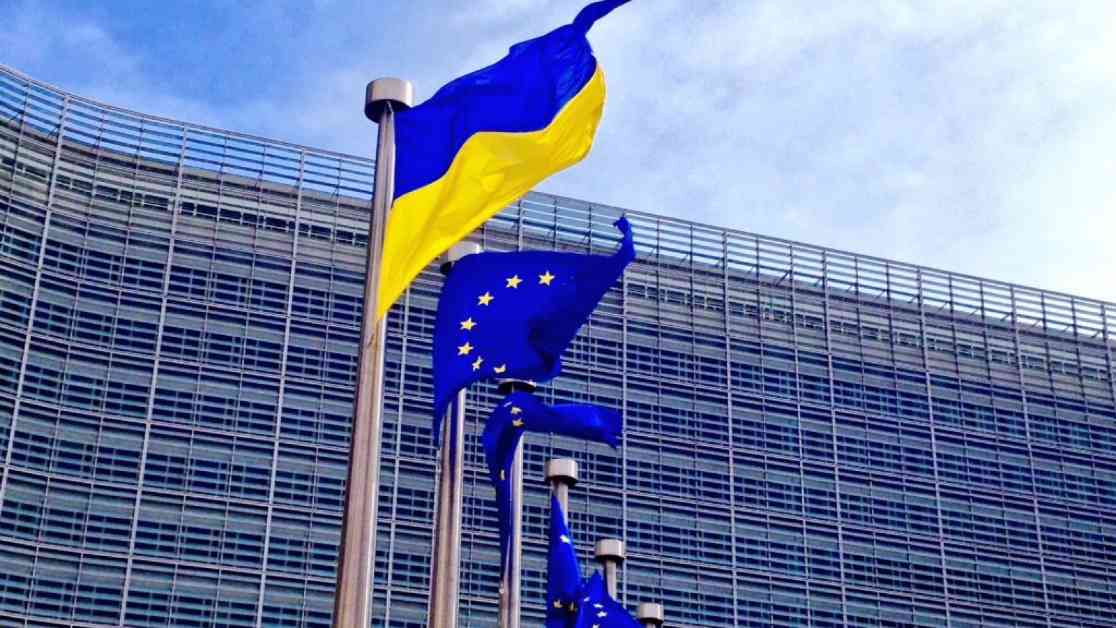The Hungarian government, under the leadership of Prime Minister Viktor Orbán, recently announced plans to conduct a public poll regarding Ukraine’s potential membership in the European Union. This move comes amidst growing tensions between Hungary and Ukraine, with Hungary being the most skeptical EU member state regarding Ukraine’s accession to the bloc. The poll consists of a single question, giving citizens the option to vote ‘yes’ or ‘no’ on whether they support Ukraine joining the EU.
Orbán’s Controversial Stance
Prime Minister Orbán’s decision to initiate this poll follows a series of contentious actions by the Hungarian government. During an emergency EU summit in Brussels, Hungary stood alone in opposing a joint statement supporting military aid to Ukraine. Orbán has also utilized Hungary’s veto power within the EU to delay important decisions related to Ukraine, such as sanctions on Russia, reflecting his alignment with Russian viewpoints.
Orbán’s administration has a history of conducting similar “national consultations” on various topics, using the results to solidify its positions despite their non-binding nature. Critics have often labeled these polls as propaganda tools, while civil society organizations have raised concerns about the government’s manipulation of public opinion through these consultations.
Recent Developments and Protests
In response to Orbán’s actions, opposition groups and civil society organizations have raised their voices in protest. Tisza, an opposition party led by Péter Magyar, organized a public demonstration against Orbán’s government in Budapest. The protest, known as the Voice of the Nation, drew thousands of participants and aimed to address critical issues such as Hungary’s EU and NATO memberships, as well as proposing term limits for the prime minister.
Simultaneously, Prime Minister Orbán presented a list of demands to the EU, outlining his vision for the future of the European Union. These demands include calls for legal equality among member states, increased veto powers for national governments, and controversial stances on issues like child-rearing and foreign-funded media outlets.
As tensions between Hungary and Ukraine continue to escalate, Orbán’s government remains steadfast in its position, emphasizing the need for Hungarian consent in Ukraine’s EU membership. The upcoming poll will serve as a crucial indicator of public sentiment on this pressing issue, shaping the future of Hungary’s foreign relations and EU dynamics.

















